Horse Welfare and Safety is the priority in British Racing
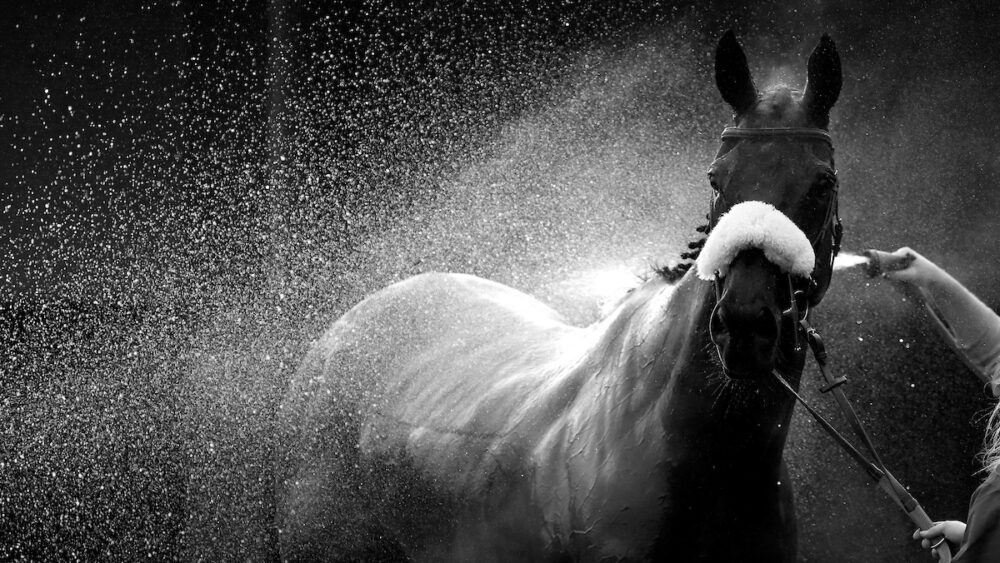
THE SAFETY AND WELFARE OF ALL THOROUGHBREDS IS PRIORITY
– Over £47 million has been invested in the last 20 years into veterinary research and education, benefiting all breeds of horse in Britain including the Thoroughbred
– 14,000 horses in training at any one time receive daily care from 6,000 experienced and trained stable staff
– A team of vets can be on hand to assist a horse within 60 seconds on the racecourse
– At the 2024 Cheltenham Festival there will be nine vets, three veterinary nurses, six horse ambulances, six horse catchers and every runner will be checked by a vet before racing.;
For information on Equine Welfare at The Cheltenham Festival click here
British Racing is committed to ensuring the welfare of all Thoroughbreds in England, Scotland and Wales. Across Britain, 6000+ people who are passionate about horses and racing dedicate their lives, daily, to caring for the 20,000+ horses who race across a year. Furthermore, we are proud of the high welfare standards that thoroughbreds receive on and off the racecourse pre, during and after their racing careers.
Over the past 20 years British Racing has invested over £47 million in veterinary research and education, benefiting for all breeds of horse in Britain.
Moreover, a career in racing benefits horses in their later life too. Their high health status, and the versatility that comes from being athletic and having had experience in training makes them ideal animals to go on to further careers. While the sport carries some risk for its participants – as with all sporting activities or activities involving animals – this level of risk is very low and is outweighed by the benefits of racing, not only to humans but to horses too.
For more on Equine Welfare in British Racing click here.
An overview of the key elements of Equine Welfare in British Racing are below. Please visit the links for more information.
REGULATING WELFARE IN BRITISH RACING
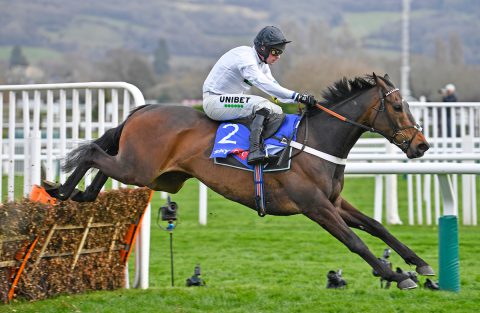
The BHA is responsible for setting and enforcing the welfare standards that all participants must adhere to. These standards are embedded in the sport’s rules, raceday regulation, education, licensing and disciplinary procedures, and are enforced by teams of vets, racecourse inspectors, stable inspecting officers and raceday officials. Through setting and adhering to these standards British Racing is widely regarded as one of the world’s best regulated animal activities.
Together with the RSPCA and World Horse Welfare, the BHA is a signatory of the National Equine Welfare Protocol, which was developed by representatives from local and national government, the police, welfare organisations and others with an interest in equine welfare. For more on the BHA regulation of welfare in British Racing, click here.
RACEDAY WELFARE
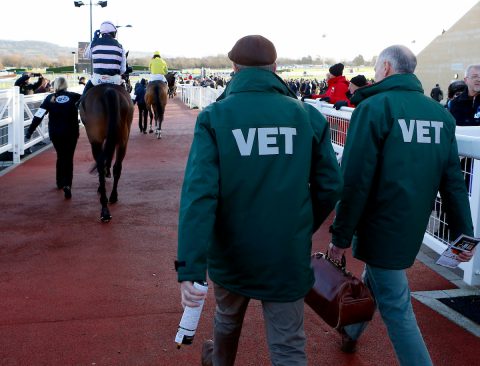
All of the BHA officials who operate on raceday are there to ensure the health and welfare of our participants, including horses, as well as stewards, integrity officers.
Additionally, a team of BHA Veterinary Officers is on the racecourse to oversee equine welfare, and who:
• Ensure that the sport’s strict welfare rules and standards are adhered to
• Oversee teams of veterinary surgeons employed by the racecourse
• Carry out pre-race and post-race checks on horses to ensure they are healthy and fit as well as any testing
There are minimum numbers of vets who officiate at every fixture. For example, at the 2024 Cheltenham Festival there will be nine vets, three veterinary nurses, six horse ambulances, six horse catchers and every runner will be checked by a vet before competing.
“A LIFE WELL LIVED” – British Racing’s Welfare Strategy
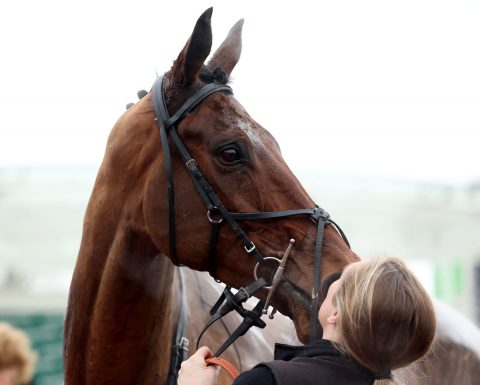
The sport’s independently-chaired Horse Welfare Board has a five-year strategic plan for the welfare of horses bred for racing. The plan includes 26 projects identified to help British Racing continuously improve all aspects of racehorse welfare in the sport.
21 projects are now live with £5.5 million of funding secured from the Racing Foundation in 2022, and ongoing financial support from the Horserace Betting Levy Board. Click here for more on the Horse Welfare Board and its Horse Welfare Programme
MAKING HORSERACING SAFER

It is the responsibility of the BHA and everyone involved in the sport to ensure that we do everything possible to minimise risk to horses and to ensure that no injury or fatality occurs which could reasonably have been prevented.
British Racing has an excellent safety record, however, it’s always striving to improve, constantly investing in welfare research and education. The approach the BHA takes is one of constant assessment and improvement, identifying causes of risk and working with racecourses to address them, and investing in new approaches, science and innovation. Click here for more on safety in horseracing including research and progress on Equine Vision.
WHOLE LIFE CARE
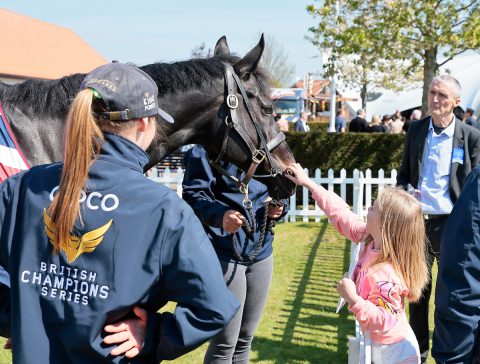
The sport takes steps to look after horses at all stages of their lives, from the mandatory microchipping and registration of a foal within 30 days of its birth, through to the sport’s own charity – Retraining of Racehorses (RoR) – which is responsible for developing longer‐term, sustainable solutions to the question of what happens to horses when they finish racing by generating a demand for these horses across a range of equine disciplines. For more on Whole Life Care in British Racing click here.
FREQUENTLY ASKED WELFARE QUESTIONS
Please visit our video resource section for a series short films on Equine Welfare in British Racing.
